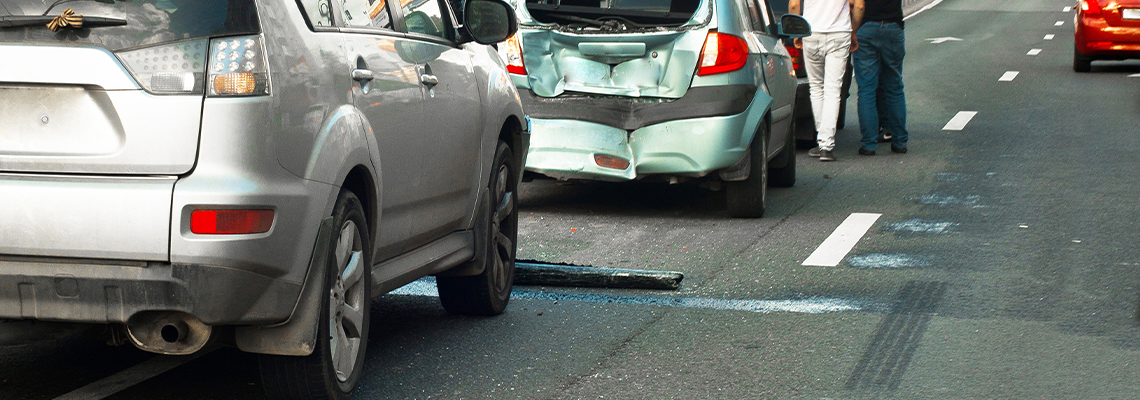7 Things to Do After a Car Accident

Car accidents can be overwhelming, and knowing how to react can make all the difference in ensuring your safety and protecting your legal rights. In Wisconsin, as in any state, the immediate steps you take after an accident are critical. Whether it’s a minor fender-bender or a serious collision, here’s a step-by-step guide on what to do after a car accident in Wisconsin.
1. Ensure Safety and Assess the Situation
The first thing to do after a car accident is to make sure that everyone is safe. If possible, move your vehicle to a safe location, such as the shoulder of the road or a nearby parking lot, to avoid blocking traffic. If you’re unable to move the vehicle, turn on your hazard lights to alert other drivers of the accident.
After securing safety, check on everyone involved in the crash. Make sure you and your passengers are okay. If anyone is injured, call 911 immediately and request medical help.
2. Call the Police
In Wisconsin, you are required by law to report accidents involving injuries, fatalities, or property damage over $1,000. Even if the accident seems minor, it’s often wise to call the police. The responding officers will create an official accident report, which can be critical for insurance claims and legal matters.
When the police arrive, provide them with accurate and honest information. Avoid admitting fault, as this could be used against you later. Instead, stick to the facts of what happened. If there are witnesses, ask for their contact information as well.
3. Exchange Information with the Other Driver
It’s important to exchange information with the other driver(s) involved in the accident. This includes:
Name, address, and phone number
Driver’s license number
Vehicle registration details
Insurance company name, policy number, and contact information
If there are any witnesses, try to get their contact information as well, as they may be helpful for your claim or in case there is a dispute later.
4. Document the Scene and Gather Evidence
Take as many pictures as you can of the scene. This includes damage to the vehicles, the surrounding area, and any relevant road conditions or signs. Photos of skid marks, traffic signals, and other details can be valuable in reconstructing the accident later.
If you’re unable to take pictures yourself because of injuries or other reasons, ask a bystander to assist or make a note of where evidence can be found. Write down the details of the crash while they’re fresh in your memory, including the time, weather, and road conditions.
5. Notify Your Insurance Company
Contact your insurance company as soon as possible to report the accident. In Wisconsin, drivers are required to carry auto insurance with minimum coverage amounts, including liability insurance. Reporting the accident promptly ensures your insurer has all the necessary details to process your claim and offer assistance.
When reporting, provide the information you’ve gathered, including the police report number, the other driver’s insurance information, and any photos or documentation. Be truthful about the details, but again, avoid admitting fault.
6. Seek Medical Attention
Even if you don’t feel injured immediately, it’s essential to see a doctor after an accident. Some injuries, such as whiplash or soft tissue damage, may not be immediately apparent. A healthcare professional can evaluate you and create a record of your injuries, which is crucial for any potential legal or insurance claims.
7. Consult an Attorney
If you’ve been involved in a serious accident or if there is a dispute over liability or damages, it’s wise to consult an attorney. A personal injury lawyer in Wisconsin can help you navigate the legal complexities, protect your rights, and ensure you receive fair compensation for any injuries or losses sustained.
Conclusion
After a car accident in Wisconsin, your actions can significantly affect your safety, legal standing, and financial recovery. By staying calm, ensuring safety, reporting the incident, gathering evidence, and contacting your insurance company, you can better protect yourself and facilitate a smoother claims process. Always remember, in more serious cases or when in doubt, seeking legal counsel can help you navigate the process with confidence.
If you, or someone you know, has been issued a traffic citation, contact Buss Law, LLC today for a FREE consultation!